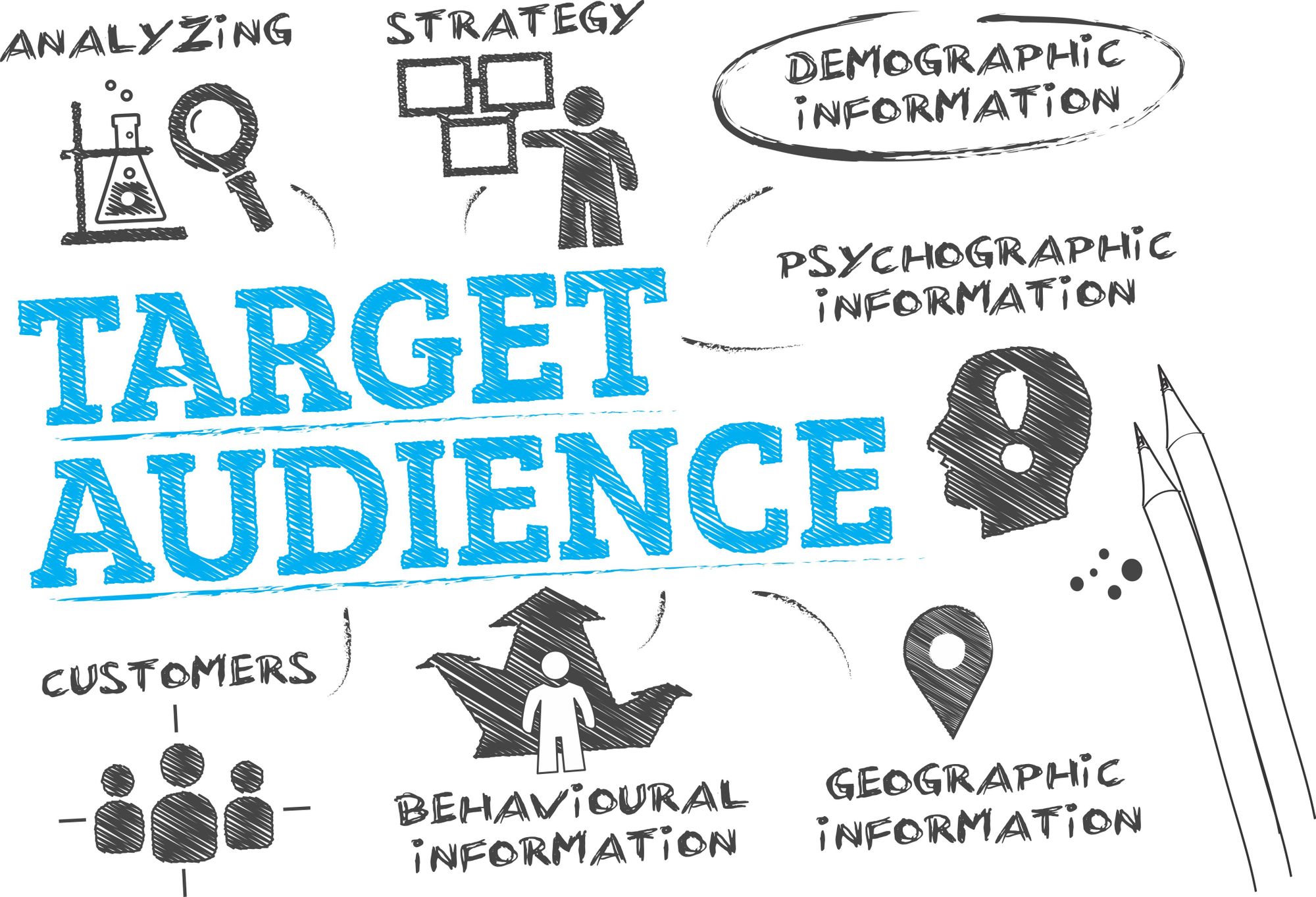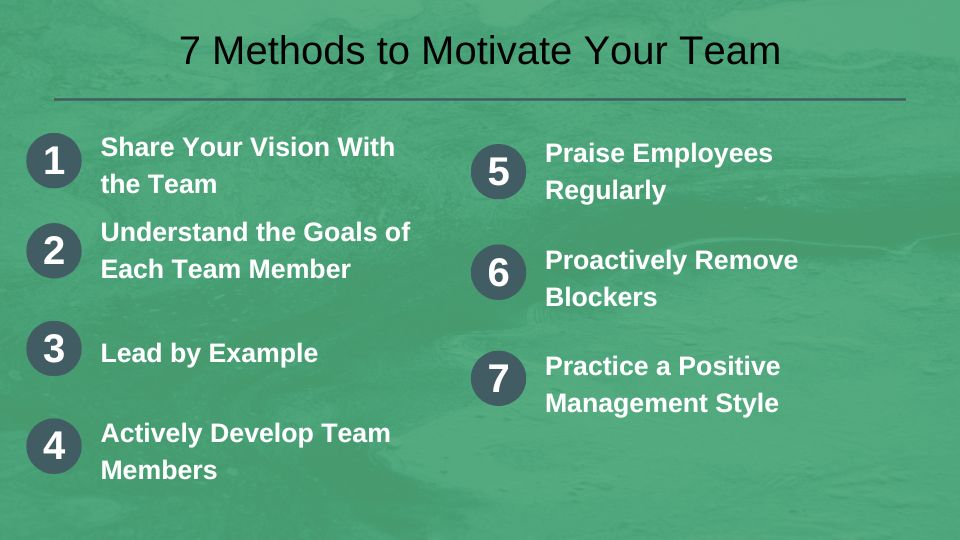Unlocking the Secrets of Successful Sales Strategies
Effective sales strategies are the backbone of any successful business, and entrepreneurs who master them can reap significant rewards. By implementing the right sales tactics, entrepreneurs can increase revenue, expand their customer base, and gain a competitive edge in their industry. In this article, we will delve into the world of sales strategies for entrepreneurs, providing actionable tips and insights to improve sales performance and drive business growth.
Sales strategies for entrepreneurs are not a one-size-fits-all solution. Each business is unique, with its own strengths, weaknesses, and target audience. However, there are certain principles and techniques that can be applied across various industries and business models to achieve success. By understanding these principles and adapting them to their specific needs, entrepreneurs can develop a sales strategy that drives results.
One of the key challenges entrepreneurs face is finding the right balance between short-term goals and long-term vision. While it’s essential to meet quarterly targets and keep the business afloat, it’s equally important to focus on building a sustainable sales strategy that will yield results in the years to come. This requires a deep understanding of the market, the target audience, and the unique value proposition of the business.
By developing a robust sales strategy, entrepreneurs can create a solid foundation for their business, drive growth, and increase revenue. In the following sections, we will explore the key elements of successful sales strategies for entrepreneurs, including understanding the target audience, developing a winning sales mindset, and leveraging technology to streamline sales processes.
Understanding Your Target Audience: The Key to Crafting Compelling Sales Messages
To develop effective sales strategies for entrepreneurs, it’s essential to understand the target audience. This involves gaining insights into their needs, pain points, and buying behaviors. By doing so, entrepreneurs can create sales messages that resonate with their audience, increasing the likelihood of conversion.
Conducting market research is a crucial step in understanding the target audience. This can be done through surveys, focus groups, and online analytics tools. By gathering data on demographics, preferences, and behaviors, entrepreneurs can create buyer personas that guide their sales strategies.
Buyer personas are semi-fictional representations of the ideal customer. They help entrepreneurs to better understand their audience’s motivations, goals, and challenges. By creating detailed buyer personas, entrepreneurs can develop sales messages that speak directly to their audience’s needs, increasing the effectiveness of their sales strategies.
For example, a software company targeting small business owners might create a buyer persona that highlights their need for efficient and cost-effective solutions. By understanding this need, the company can develop sales messages that emphasize the benefits of their software, such as increased productivity and reduced costs.
Understanding the target audience is a critical component of sales strategies for entrepreneurs. By gaining insights into their needs and behaviors, entrepreneurs can create sales messages that resonate with their audience, driving conversions and revenue growth.
How to Develop a Winning Sales Mindset as an Entrepreneur
A positive sales mindset is essential for entrepreneurs to succeed in today’s competitive market. It’s the foundation upon which effective sales strategies for entrepreneurs are built. By cultivating a growth mindset, entrepreneurs can overcome self-doubt, build confidence, and develop resilience.
One of the key characteristics of a winning sales mindset is a growth mindset. This involves embracing challenges as opportunities for growth and development, rather than threats to ego or status. By adopting a growth mindset, entrepreneurs can stay focused on their goals, even in the face of rejection or failure.
Another important aspect of a winning sales mindset is self-awareness. This involves understanding one’s strengths, weaknesses, and motivations. By being aware of their own thought patterns and behaviors, entrepreneurs can identify areas for improvement and develop strategies to overcome obstacles.
Additionally, a winning sales mindset involves a focus on providing value to customers. By prioritizing customer needs and delivering solutions that meet those needs, entrepreneurs can build trust and credibility with their target audience. This, in turn, can lead to increased sales and revenue growth.
Entrepreneurs can develop a winning sales mindset by practicing mindfulness, setting realistic goals, and seeking feedback from others. By cultivating a positive and resilient mindset, entrepreneurs can stay motivated and focused on their sales goals, even in the face of challenges and setbacks.
By combining a winning sales mindset with effective sales strategies for entrepreneurs, business owners can achieve remarkable results. By staying focused on their goals, building strong relationships with customers, and delivering value-driven solutions, entrepreneurs can drive sales growth and achieve long-term success.
Leveraging Storytelling Techniques to Connect with Customers and Close Deals
Storytelling is a powerful tool in sales, allowing entrepreneurs to connect with customers on an emotional level and convey the value of their products or services. By leveraging storytelling techniques, entrepreneurs can create compelling narratives that resonate with their target audience and drive sales.
One of the key elements of effective storytelling in sales is to create a narrative that speaks to the customer’s needs and pain points. This involves understanding the customer’s motivations, desires, and challenges, and crafting a story that addresses these concerns. By doing so, entrepreneurs can build trust and credibility with their customers, increasing the likelihood of a sale.
Another important aspect of storytelling in sales is to use emotional connections to engage the customer. This can be achieved by using vivid imagery, metaphors, and anecdotes to bring the story to life. By creating an emotional connection with the customer, entrepreneurs can increase the customer’s investment in the story and make the sale more likely.
Additionally, entrepreneurs can use storytelling to highlight the benefits of their products or services. By sharing case studies, testimonials, and success stories, entrepreneurs can demonstrate the value of their offerings and build credibility with potential customers.
For example, a software company might use storytelling to convey the benefits of their product by sharing a case study of a successful implementation. By highlighting the challenges, solutions, and results of the implementation, the company can create a compelling narrative that resonates with potential customers and drives sales.
By incorporating storytelling techniques into their sales strategies for entrepreneurs, business owners can create a more engaging and effective sales process. By leveraging the power of storytelling, entrepreneurs can build trust, credibility, and emotional connections with their customers, driving sales and revenue growth.
Mastering the Art of Negotiation: Tips for Entrepreneurs to Get the Best Deals
Negotiation is a critical component of sales strategies for entrepreneurs, allowing them to secure the best possible deals and drive revenue growth. By mastering the art of negotiation, entrepreneurs can build strong relationships with customers, suppliers, and partners, and achieve their business objectives.
One of the key principles of effective negotiation is active listening. This involves paying close attention to the other party’s needs, concerns, and goals, and using this information to inform the negotiation strategy. By listening actively, entrepreneurs can build trust and credibility with the other party, and create a more collaborative and productive negotiation environment.
Another important aspect of negotiation is creative problem-solving. This involves thinking outside the box and exploring innovative solutions that meet the needs of both parties. By using creative problem-solving techniques, entrepreneurs can overcome obstacles and find mutually beneficial solutions that drive business growth.
Strategic concession-making is also a critical component of negotiation. This involves making targeted concessions that achieve specific goals, such as building trust or creating a sense of urgency. By making strategic concessions, entrepreneurs can create a more favorable negotiation environment and achieve better outcomes.
Common negotiation pitfalls to avoid include making emotional decisions, failing to prepare, and neglecting to follow up. By avoiding these pitfalls and using effective negotiation techniques, entrepreneurs can achieve better outcomes and drive business growth.
For example, a software company might use negotiation to secure a large contract with a major client. By using active listening, creative problem-solving, and strategic concession-making, the company can build a strong relationship with the client and achieve a mutually beneficial agreement.
By mastering the art of negotiation, entrepreneurs can create a competitive advantage and drive business growth. By using effective negotiation techniques, entrepreneurs can build strong relationships, achieve better outcomes, and drive revenue growth.
Utilizing Technology to Streamline Sales Processes and Boost Productivity
Technology plays a vital role in modern sales, enabling entrepreneurs to streamline their sales processes, boost productivity, and drive revenue growth. By leveraging the right technology tools, entrepreneurs can automate routine tasks, gain valuable insights, and make data-driven decisions to optimize their sales strategies.
Customer Relationship Management (CRM) systems are a crucial technology tool for entrepreneurs, allowing them to manage customer interactions, track sales performance, and analyze customer data. By using a CRM system, entrepreneurs can gain a deeper understanding of their customers’ needs and preferences, and develop targeted sales strategies to meet those needs.
Sales automation tools are another key technology solution for entrepreneurs, enabling them to automate routine sales tasks, such as lead generation, email marketing, and follow-up communications. By automating these tasks, entrepreneurs can free up more time to focus on high-value sales activities, such as building relationships and closing deals.
Data analytics is also a critical technology tool for entrepreneurs, providing valuable insights into sales performance, customer behavior, and market trends. By analyzing data, entrepreneurs can identify areas for improvement, optimize their sales strategies, and make data-driven decisions to drive revenue growth.
For example, a software company might use technology to streamline their sales process by automating lead generation, tracking customer interactions, and analyzing sales data. By leveraging technology, the company can optimize their sales strategy, increase productivity, and drive revenue growth.
By utilizing technology to streamline sales processes and boost productivity, entrepreneurs can gain a competitive advantage and drive business growth. By leveraging the right technology tools, entrepreneurs can optimize their sales strategies, increase revenue, and achieve long-term success.
Building a Strong Sales Team: Strategies for Hiring, Training, and Motivating Top Talent
Building a high-performing sales team is crucial for entrepreneurs who want to drive revenue growth and achieve long-term success. By hiring, training, and motivating top talent, entrepreneurs can create a sales team that is equipped to handle the demands of a rapidly changing market.
Identifying top talent is the first step in building a strong sales team. Entrepreneurs should look for individuals who have a proven track record of success in sales, as well as the skills and knowledge required to succeed in their industry. This may involve using recruitment agencies, attending industry events, or leveraging social media to find the best candidates.
Once top talent has been identified, entrepreneurs must create effective training programs to equip their sales team with the skills and knowledge they need to succeed. This may involve providing ongoing training and coaching, as well as opportunities for professional development and growth.
Fostering a positive sales culture is also essential for building a high-performing sales team. This involves creating an environment that is supportive, motivating, and rewarding, and that encourages sales team members to work together to achieve common goals.
Entrepreneurs can motivate and incentivize their sales team by offering competitive compensation packages, recognition and rewards for outstanding performance, and opportunities for career advancement. By providing a positive and supportive work environment, entrepreneurs can create a sales team that is motivated, engaged, and equipped to drive revenue growth.
For example, a software company might build a strong sales team by hiring experienced sales professionals, providing ongoing training and coaching, and fostering a positive sales culture. By doing so, the company can create a sales team that is equipped to handle the demands of a rapidly changing market and drive revenue growth.
By building a strong sales team, entrepreneurs can create a competitive advantage and drive business growth. By hiring, training, and motivating top talent, entrepreneurs can create a sales team that is equipped to succeed in a rapidly changing market and drive revenue growth.
Measuring Sales Success: Key Performance Indicators (KPIs) for Entrepreneurs to Track
Measuring sales success is crucial for entrepreneurs who want to optimize their sales strategies and drive revenue growth. By tracking key sales metrics, entrepreneurs can gain valuable insights into their sales performance, identify areas for improvement, and make data-driven decisions to optimize their sales strategies.
Conversion rates are a critical KPI for entrepreneurs to track, as they indicate the percentage of leads that are converted into paying customers. By tracking conversion rates, entrepreneurs can identify areas for improvement in their sales funnel and optimize their sales strategies to increase conversions.
Sales velocity is another important KPI for entrepreneurs to track, as it indicates the speed at which sales are made. By tracking sales velocity, entrepreneurs can identify areas for improvement in their sales process and optimize their sales strategies to increase sales velocity.
Customer acquisition costs are also a critical KPI for entrepreneurs to track, as they indicate the cost of acquiring new customers. By tracking customer acquisition costs, entrepreneurs can identify areas for improvement in their sales strategies and optimize their sales processes to reduce costs.
Entrepreneurs can set realistic sales targets by analyzing their historical sales data, industry benchmarks, and market trends. By setting realistic sales targets, entrepreneurs can create a roadmap for sales success and optimize their sales strategies to achieve their targets.
By creating data-driven sales strategies, entrepreneurs can optimize their sales processes, increase conversions, and drive revenue growth. By tracking key sales metrics and setting realistic sales targets, entrepreneurs can create a competitive advantage and achieve long-term success.
For example, a software company might track conversion rates, sales velocity, and customer acquisition costs to optimize their sales strategies and drive revenue growth. By analyzing their sales data and setting realistic sales targets, the company can create a roadmap for sales success and achieve their business objectives.






-11102022.jpg)